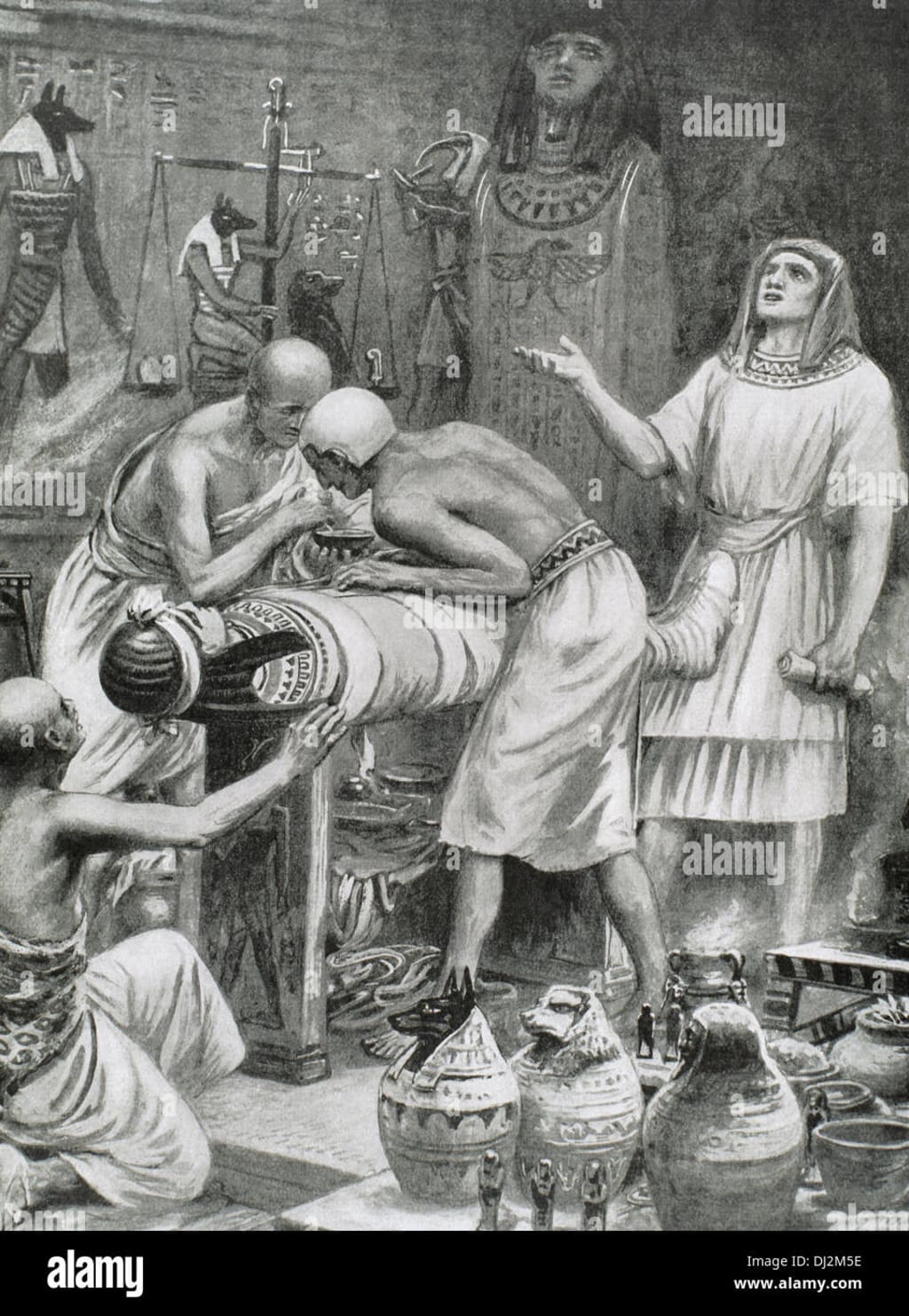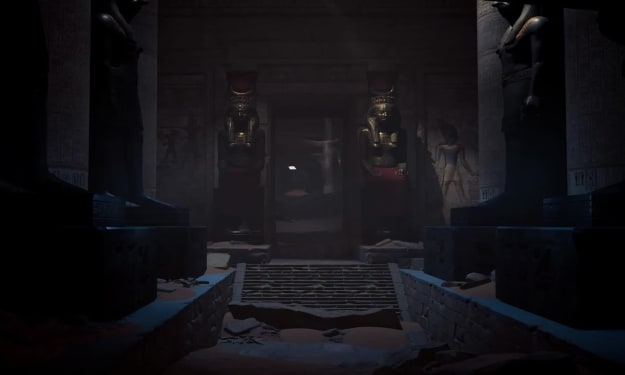From Cutting Off Hands to Mummification
The Severity of Punishments in Ancient Egypt

As you read on, you might find some of the punishments shocking and others comical. But one thing is for sure, the Ancient Egyptians took their justice system seriously. Whether it was to maintain social order or to please the gods, the severity of punishments in Ancient Egypt was designed to send a clear message to wrongdoers and society as a whole. So sit back, grab a cup of coffee, and join us on a journey through time as we uncover the severity of punishments in Ancient Egypt
Overview of the Ancient Egyptian Justice System
The Ancient Egyptian justice system was a complex and highly organized system that was designed to maintain order and ensure that justice was served. At the center of the justice system was the Pharaoh, who was seen as a divine being and the ultimate judge. The Pharaoh had the power to interpret the law and decide on punishments, making the justice system highly centralized.
However, the gods also played a crucial role in the Ancient Egyptian justice system. Egyptians believed that the gods were watching their every move and that they would be judged in the afterlife. This belief was reflected in the punishments handed down by the Pharaohs, which were designed to please the gods and ensure that justice was served both in this life and the next.
The Ancient Egyptians had a well-defined Criminal Code, which specified the crimes and punishments for each offense. The Criminal Code was based on the principle of Ma’at, which was the Ancient Egyptian concept of balance and justice. Punishments were designed to restore balance to society and maintain order, and crimes were punished in proportion to their severity.
Severity of Punishments in Ancient Egypt
In ancient Egypt, the severity of punishments was determined by the nature and severity of the crime committed. For minor offenses such as theft or disorderly conduct, punishments could range from fines to beatings and enslavement. However, for more serious crimes such as murder or treason, the punishments were much more severe, often involving capital punishment.
One common form of capital punishment in ancient Egypt was impalement, in which the criminal was skewered through the body with a sharpened stake. Another was beheading, where the criminal's head was cut off, which was often considered a more honorable death than impalement. Additionally, drowning was also used as a form of capital punishment in ancient Egypt, particularly for those who were seen as threats to the state or who were found guilty of serious crimes.
In some cases, the families of the convicted criminal were also punished, as the ancient Egyptians believed that the guilt of the offender extended to their relatives as well. This could involve the confiscation of their property, the imposition of fines, or even enslavement.
It's worth noting that the ancient Egyptians had a strong sense of justice and believed in punishing those who broke the law. They also had a system of law and order that was maintained by the pharaoh's court and the local courts, which were responsible for enforcing the laws and punishing criminals. The punishments were seen as a means of maintaining social order and preventing further crime, and were often carried out in public as a warning to others.
The Evolution of Punishments in Ancient Egypt
The evolution of punishments in ancient Egypt can be traced back to the early dynastic period, where the severity of the punishment was determined by the nature of the crime committed. During this time, punishments could range from fines to beatings and enslavement for minor offenses, while more serious crimes such as murder or treason were punished by death.
However, as ancient Egyptian society evolved, so did the legal system and the methods of punishment. During the Middle Kingdom, the pharaoh's court became more centralized and the legal system became more formalized. Punishments became more standardized and severe, with the use of capital punishment becoming more widespread.
By the New Kingdom, the legal system in ancient Egypt was highly developed, and the pharaoh's court had become the final court of appeal. Punishments for crimes became even more severe, with the use of impalement, beheading, and drowning becoming more common for serious offenses.
However, there were also efforts to reform the legal system and make punishments more humane. For example, during the reign of Pharaoh Horemheb, there were attempts to reduce the severity of punishments and to make the legal system more fair and just. This was in part due to the influence of the religious and moral values of the time, which emphasized mercy and compassion.
The Significance of Ancient Egyptian Punishments Today
The significance of ancient Egyptian punishments today lies in the fact that they provide insight into the social and political conditions of ancient Egyptian society. By studying the methods and severity of punishments used in ancient Egypt, we can gain a better understanding of the values and beliefs of the ancient Egyptians, as well as the legal system and the mechanisms of social control.
For example, the widespread use of capital punishment in ancient Egypt reflects the importance placed on maintaining social order and preventing crime. The severe punishments also highlight the belief in the need for retribution and the concept of an eye for an eye.
Moreover, the evolution of punishments over time reveals the changing values and beliefs of ancient Egyptian society. For example, the efforts to reduce the severity of punishments and make the legal system more just during the reign of Pharaoh Horemheb suggest a shift towards more humane and compassionate values.
Overall, the significance of ancient Egyptian punishments lies in the rich historical and cultural information they provide about the ancient Egyptians, and their relevance to contemporary debates about punishment and the criminal justice system. They offer a unique window into the past and help us to better understand the values and beliefs of a fascinating civilization.






Comments
Mirza Mirza is not accepting comments at the moment
Want to show your support? Send them a one-off tip.